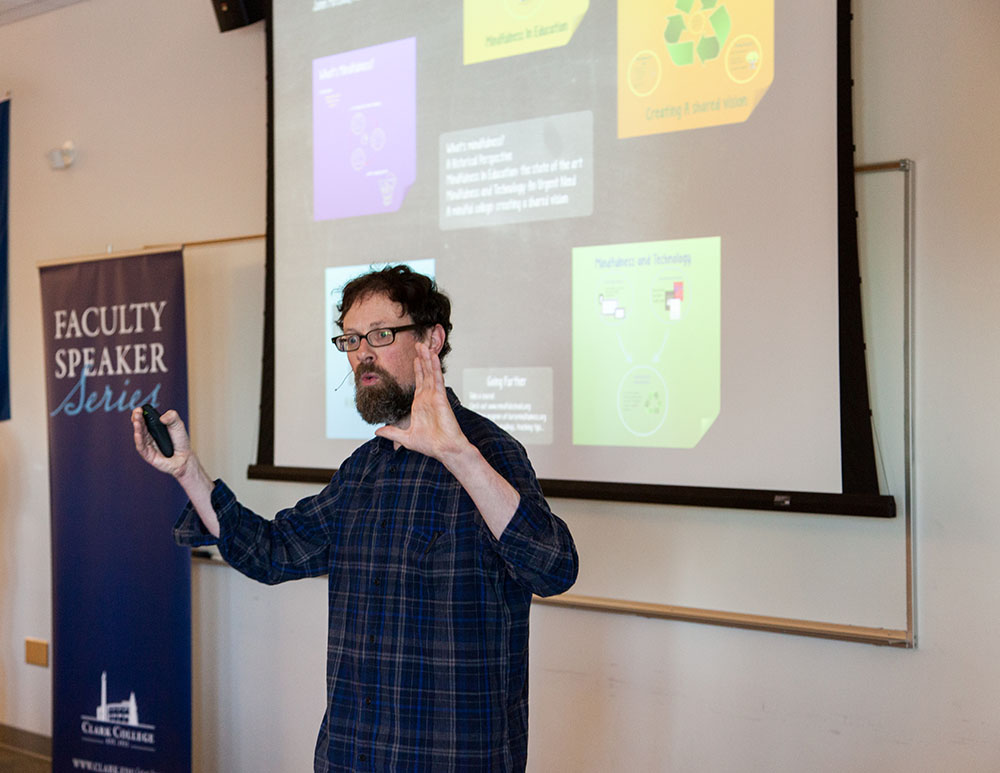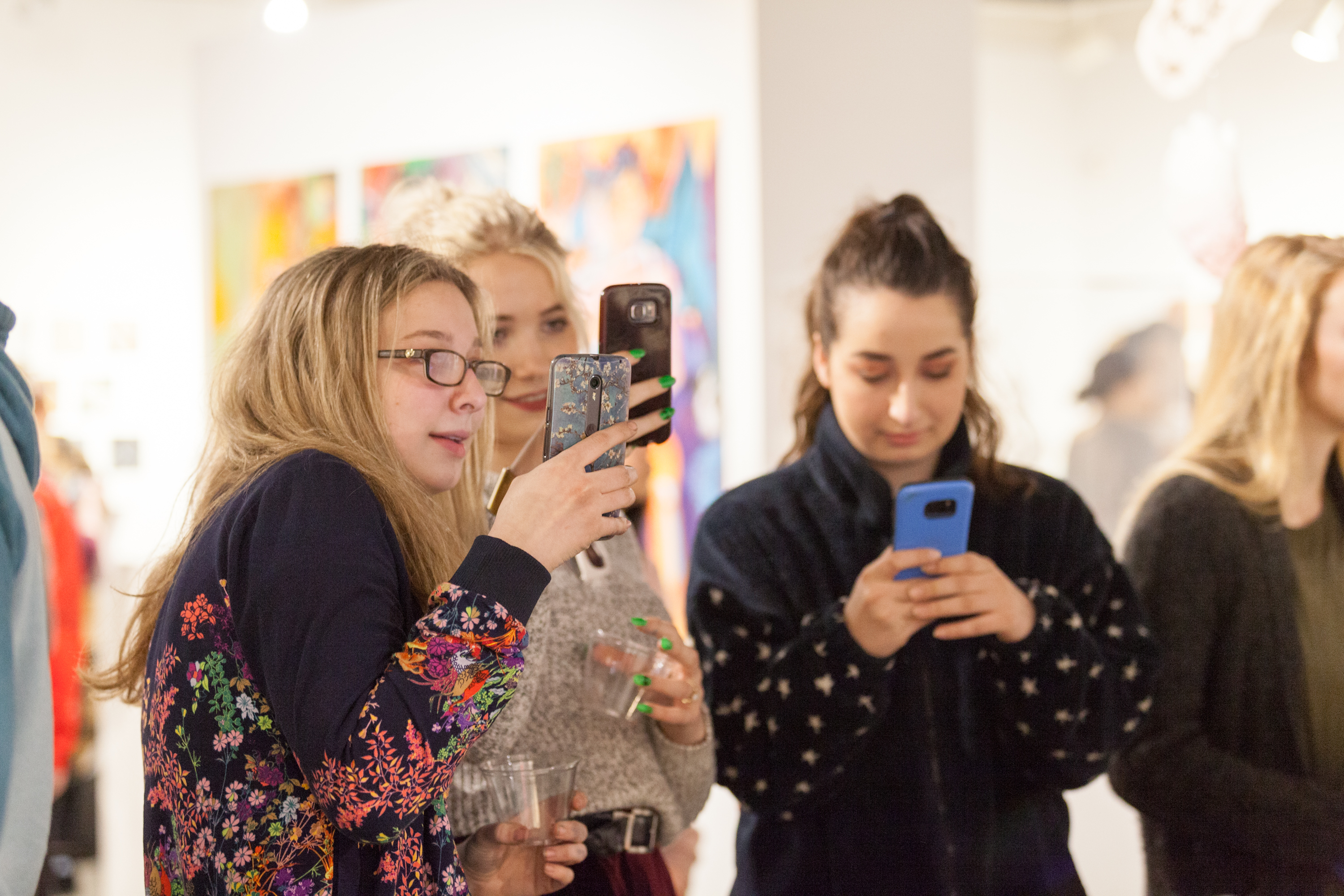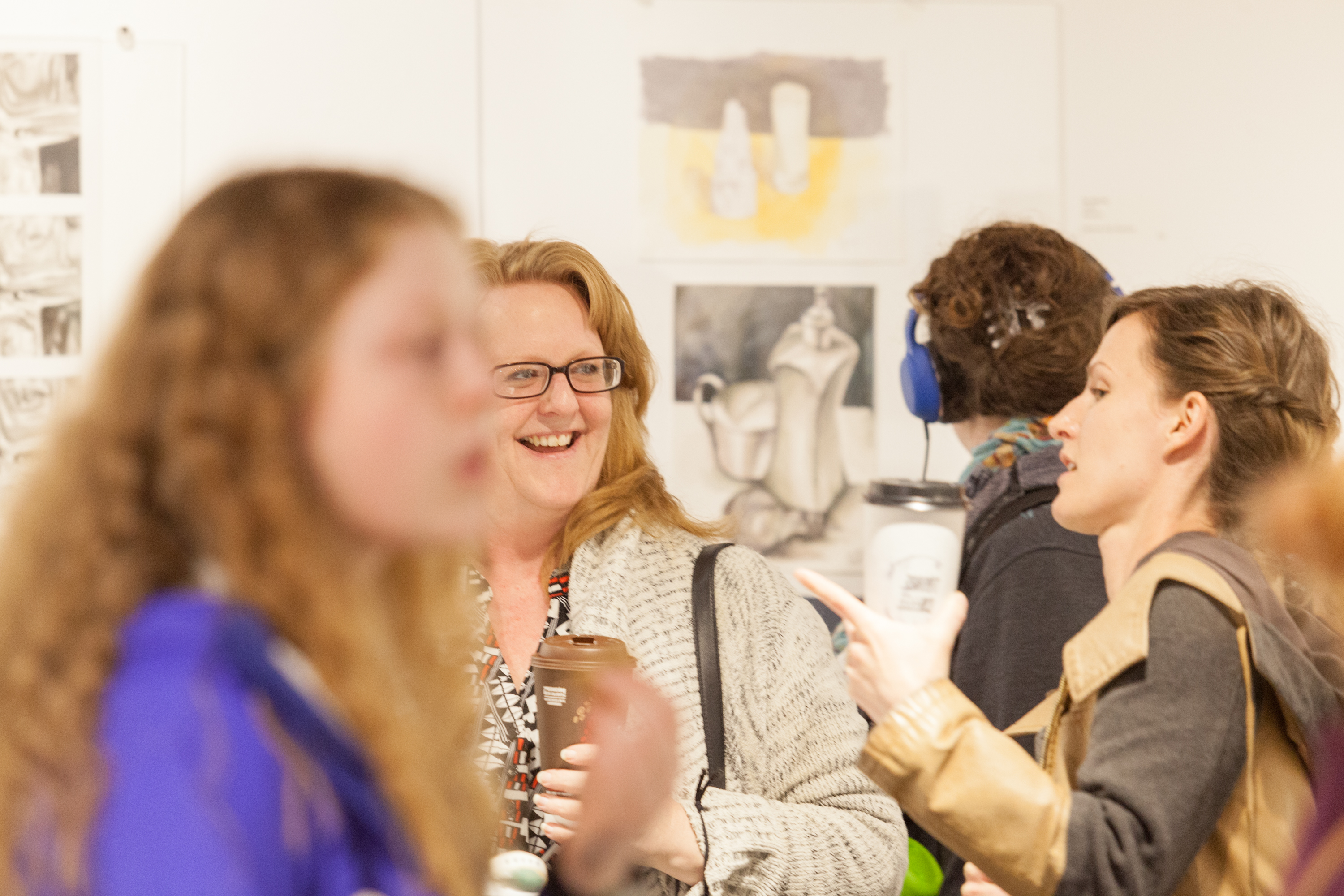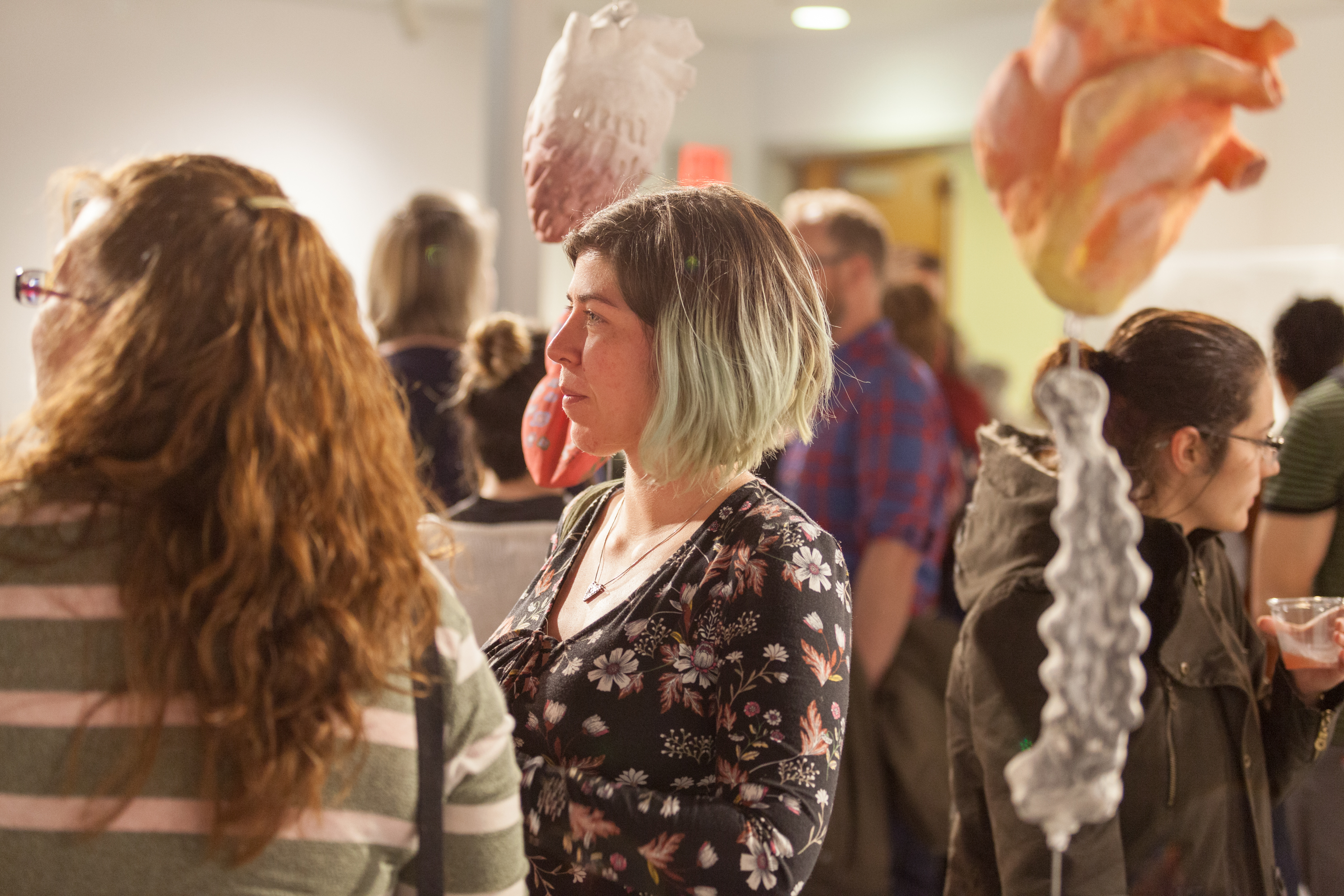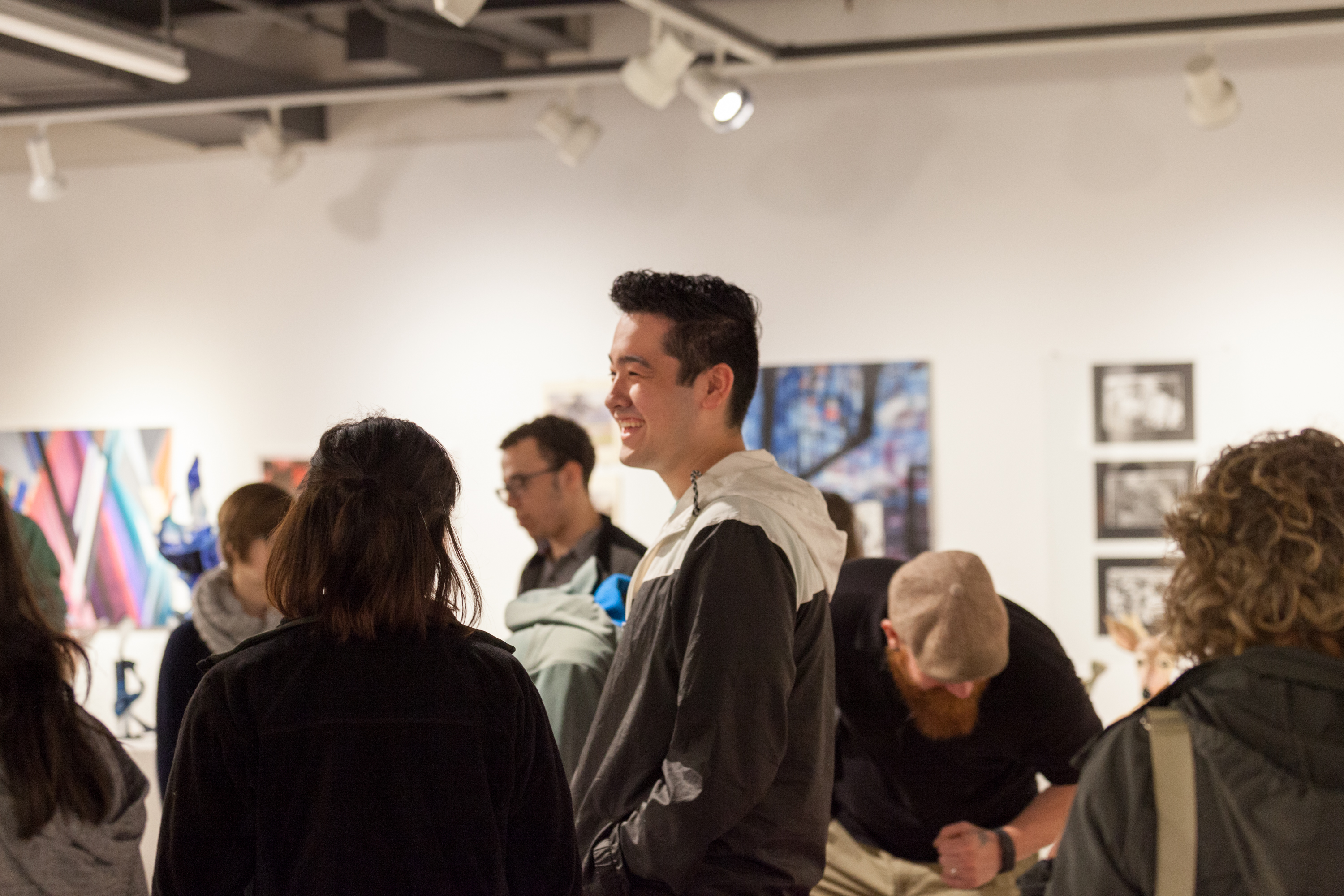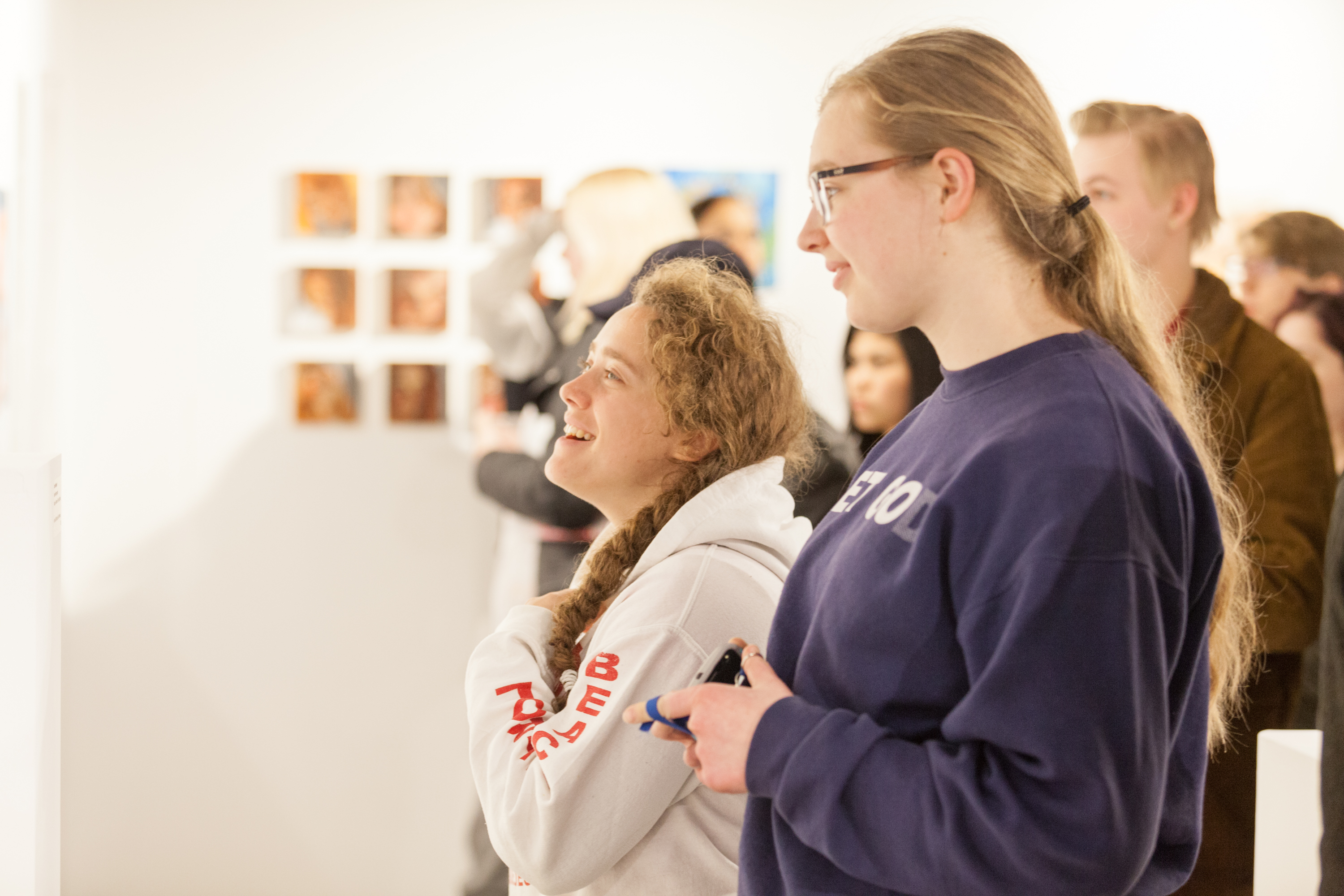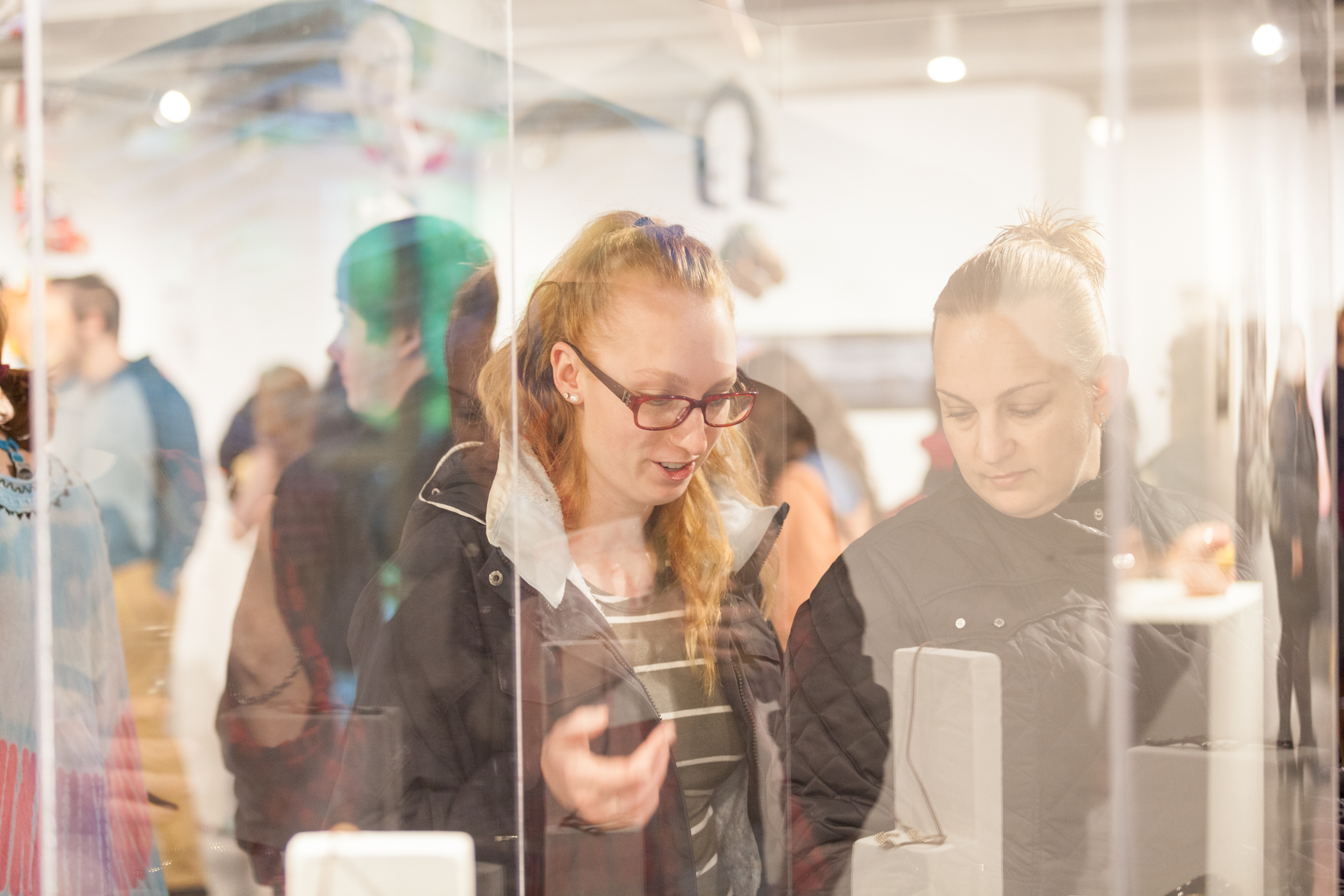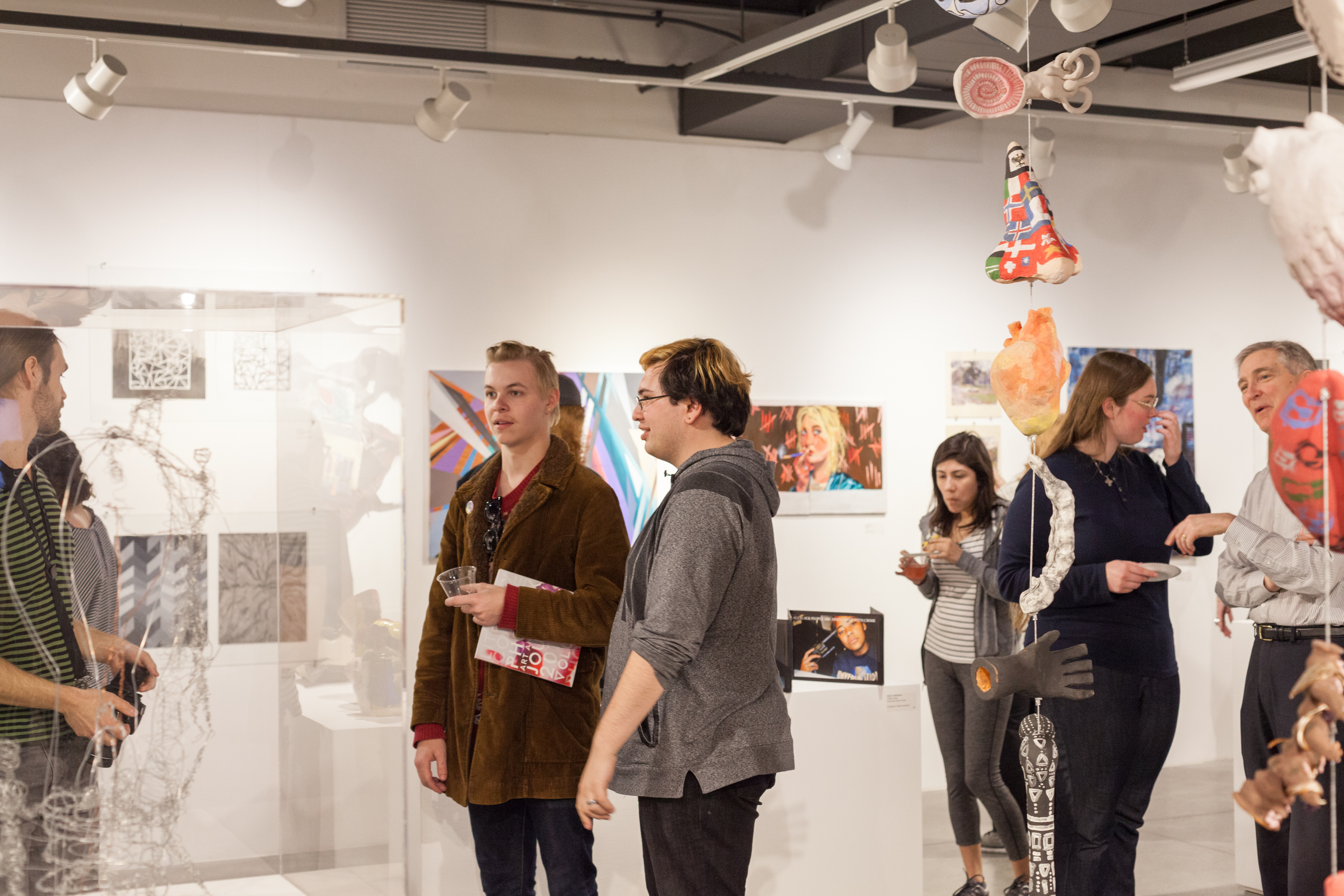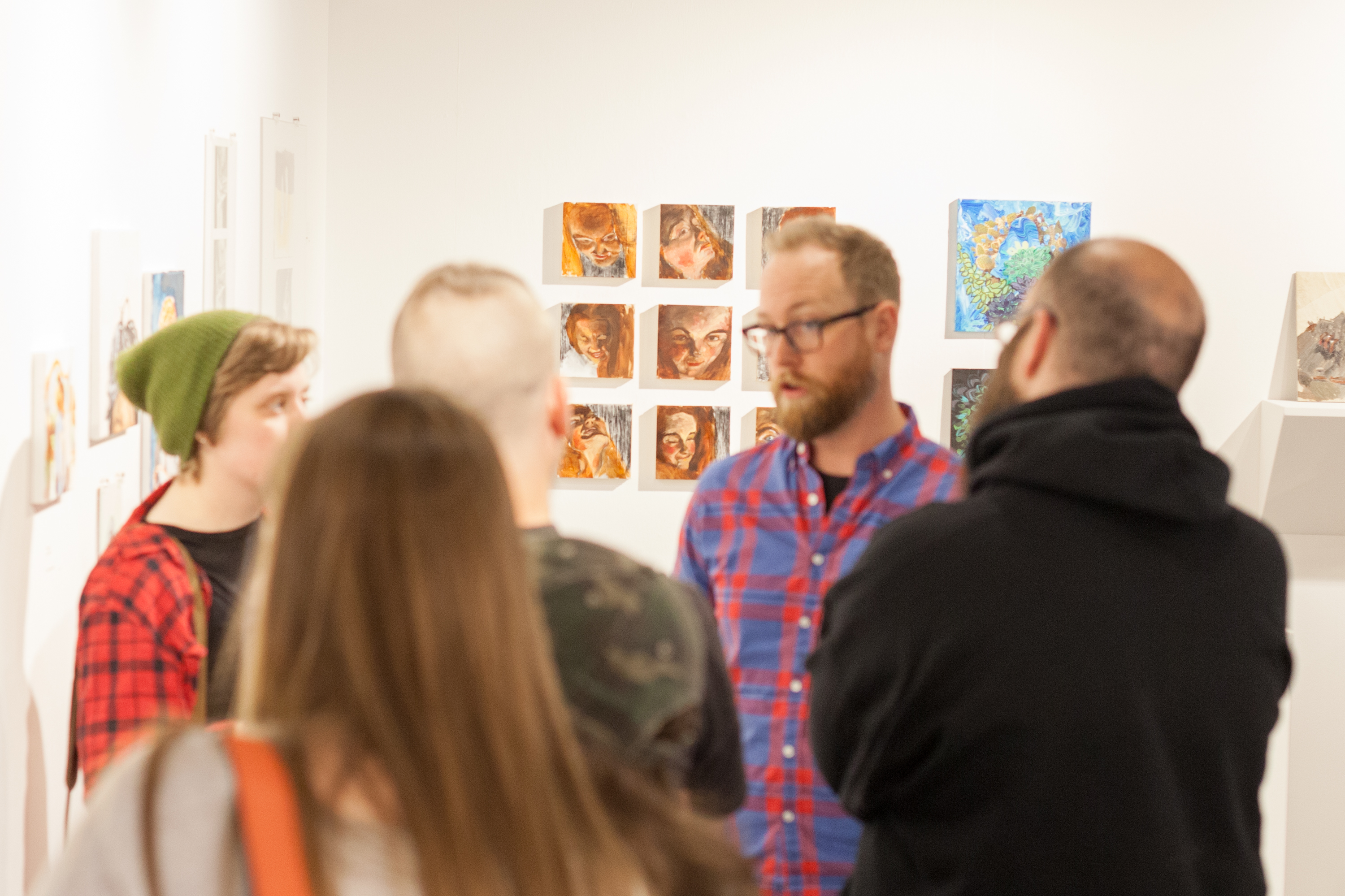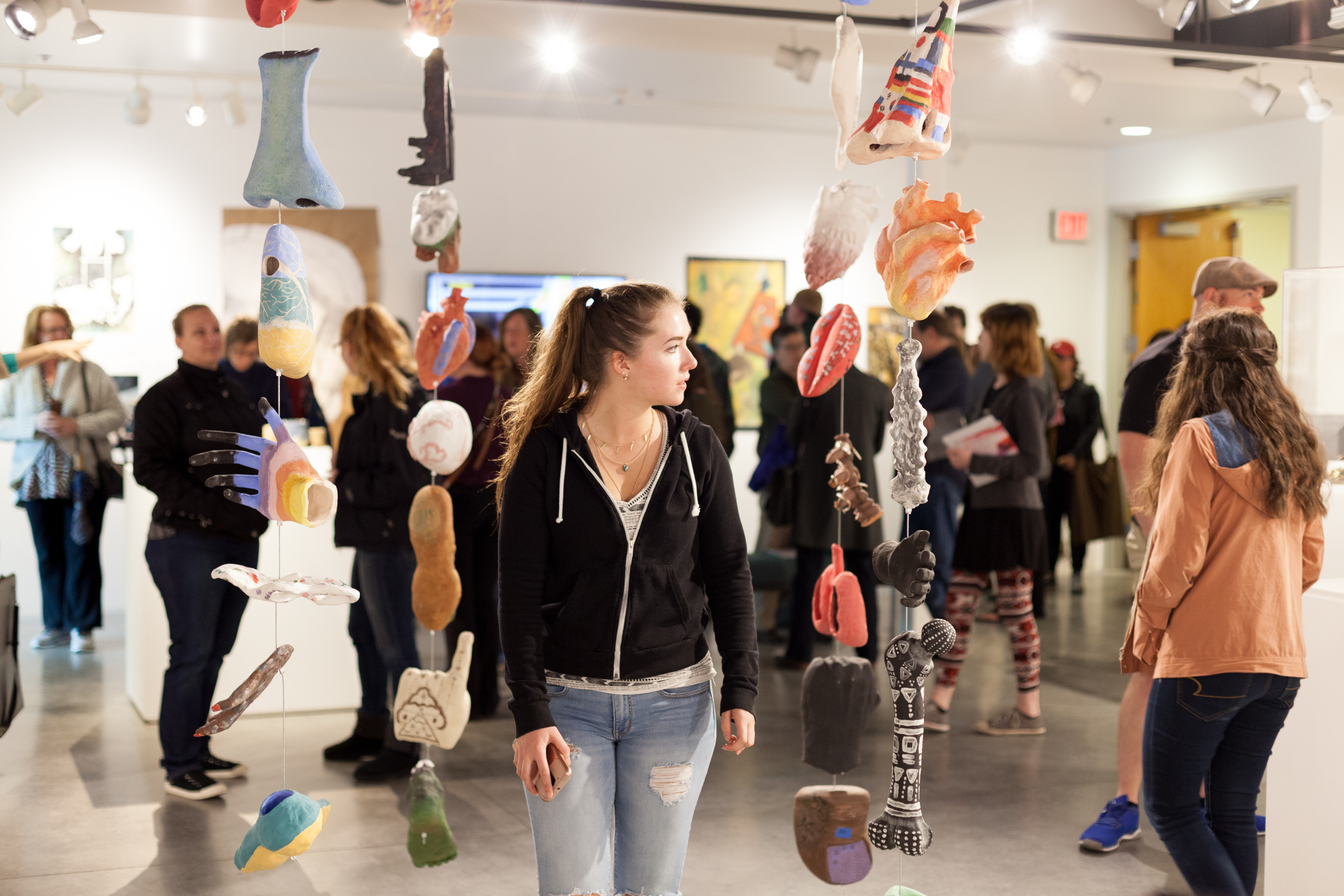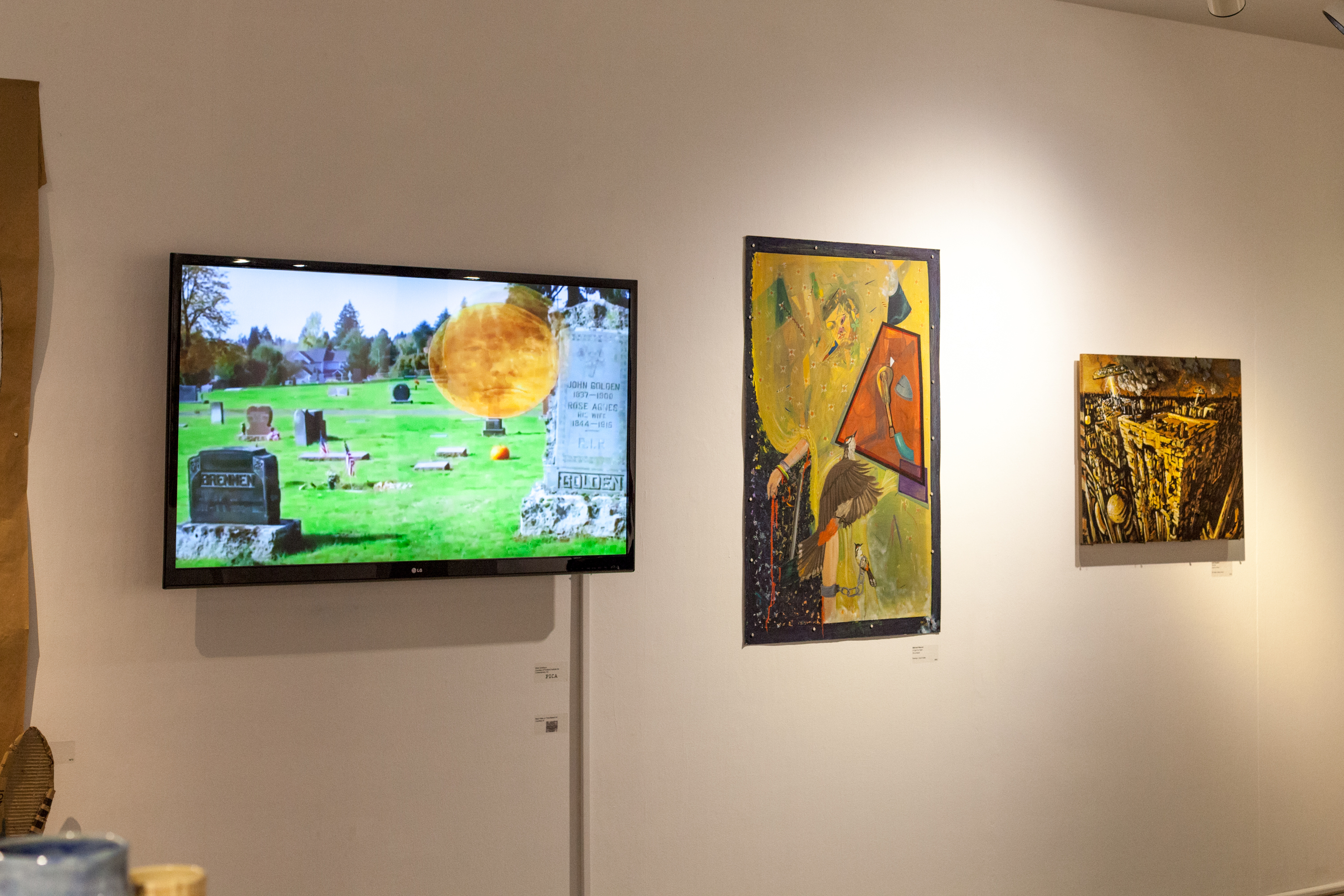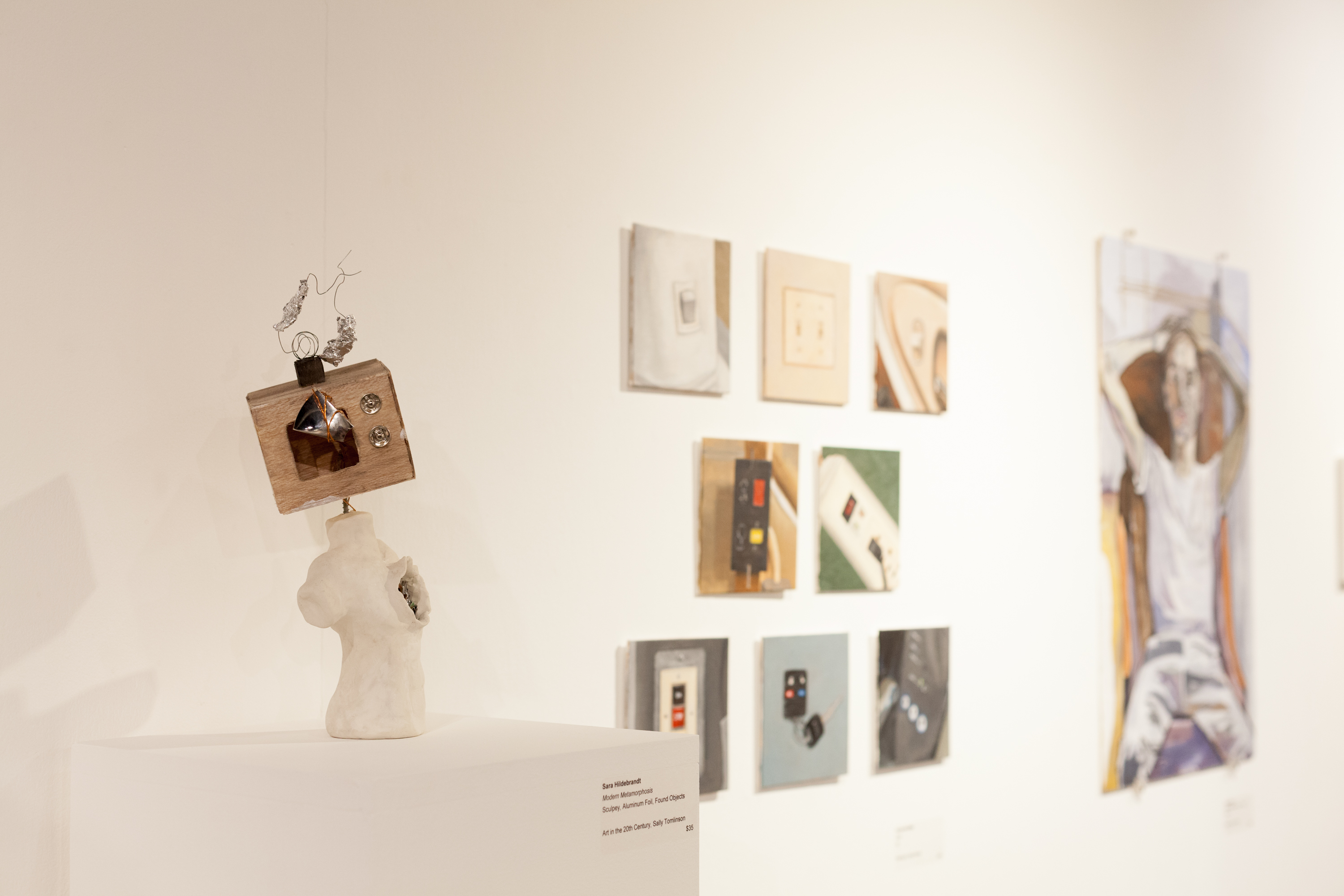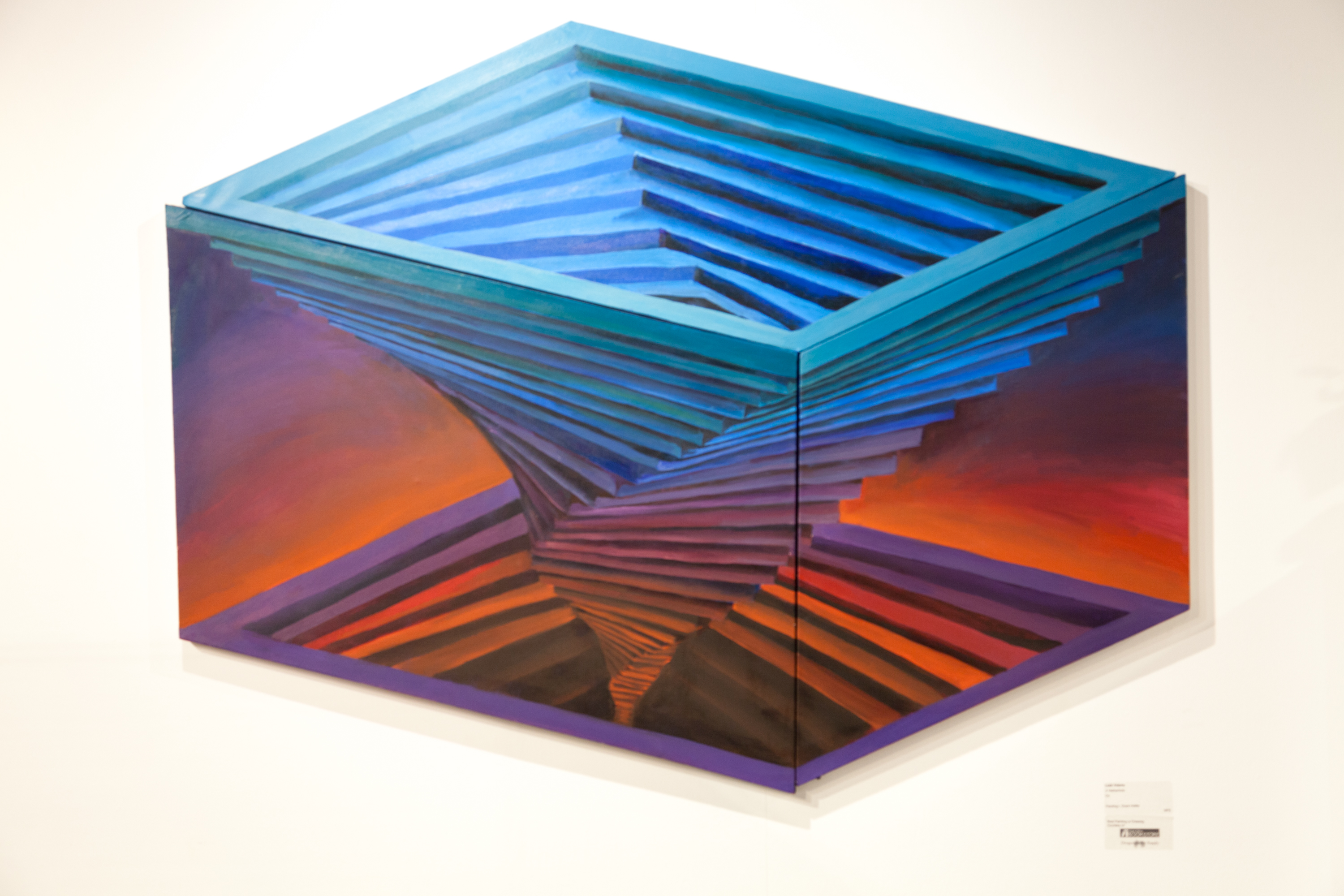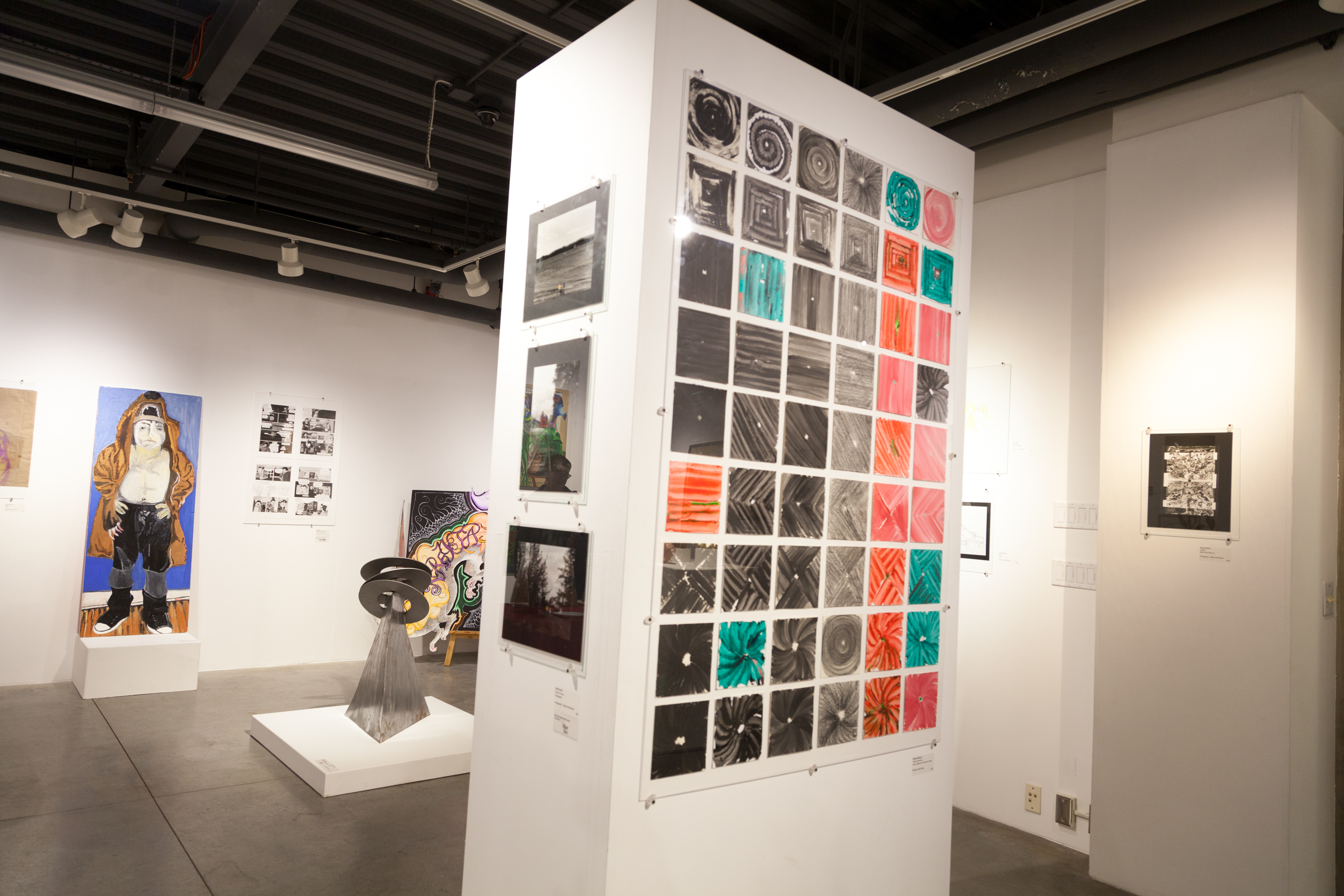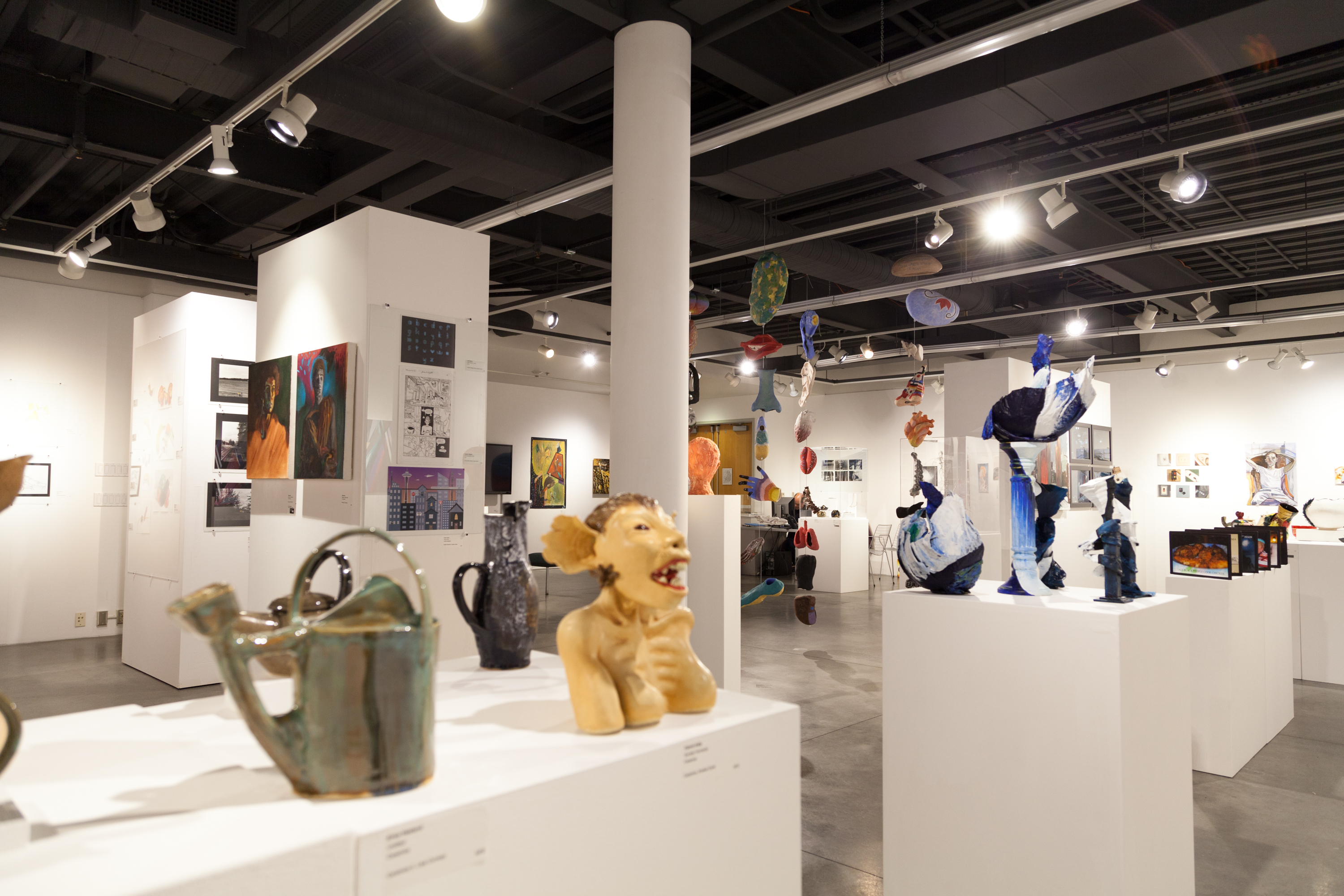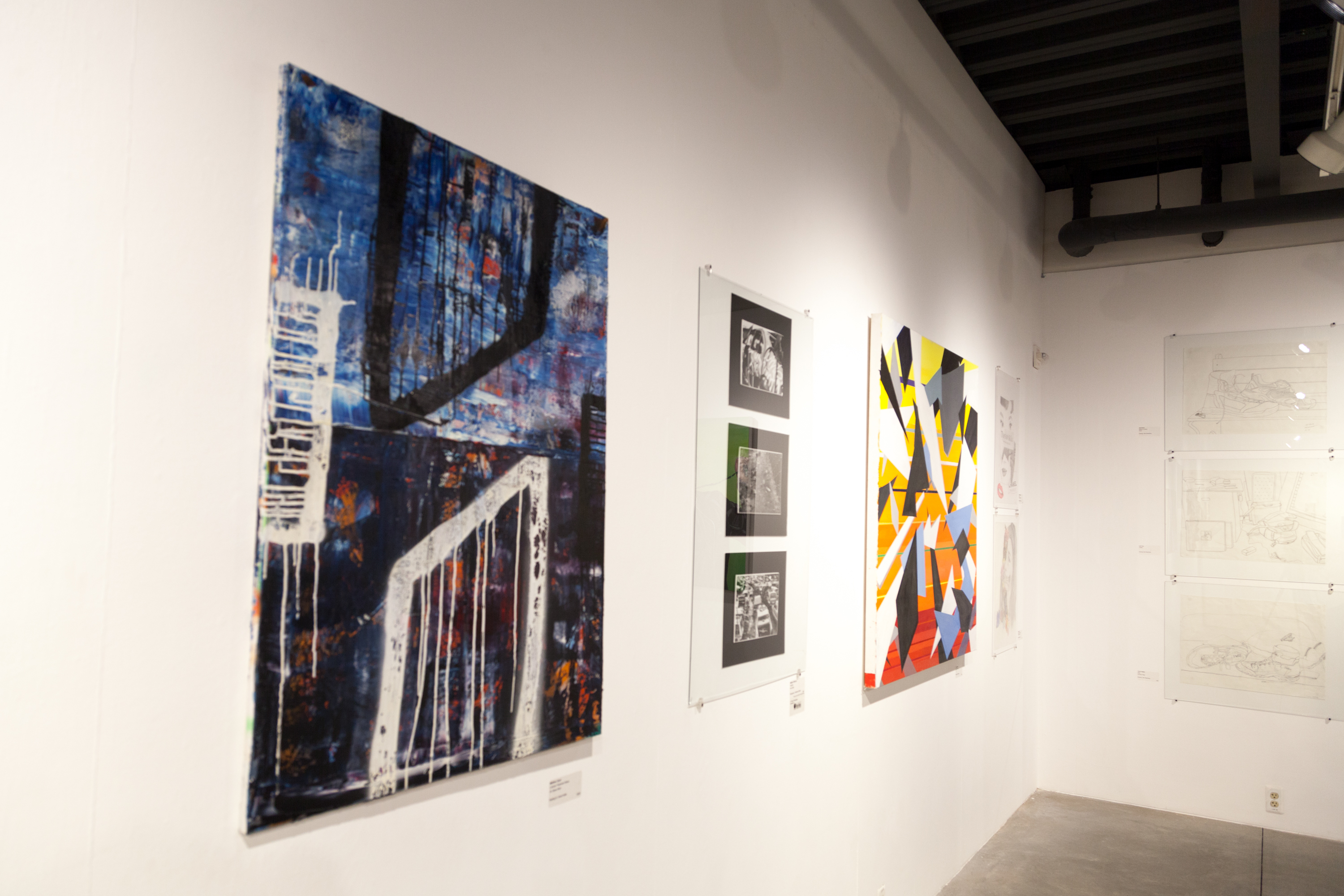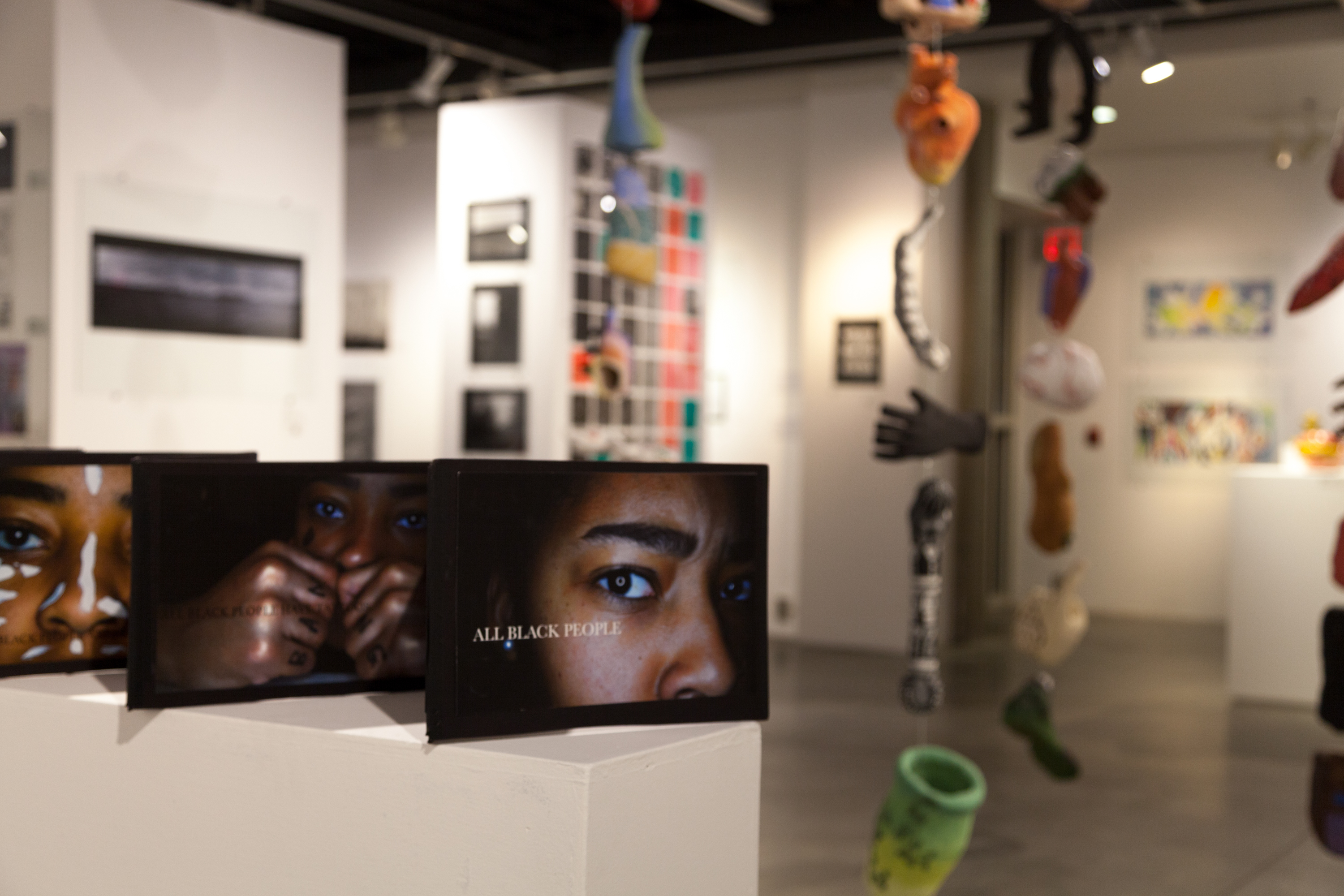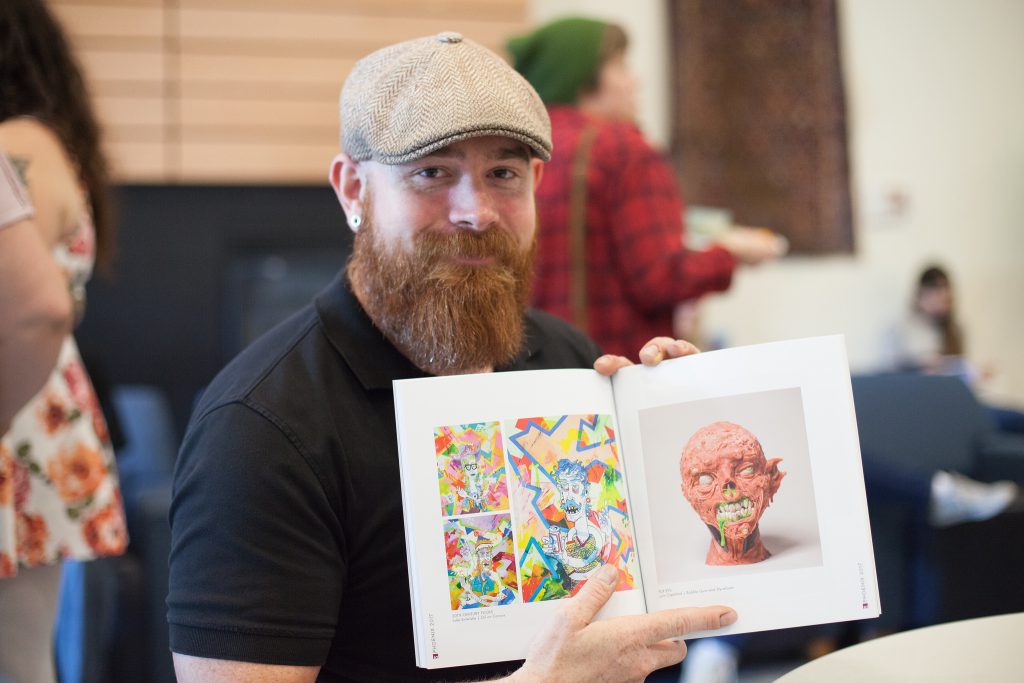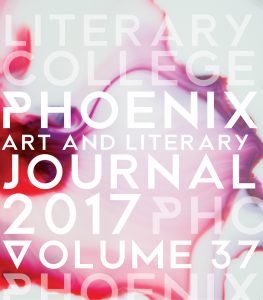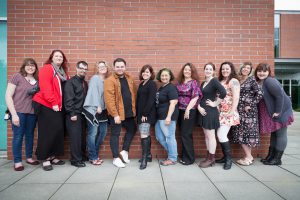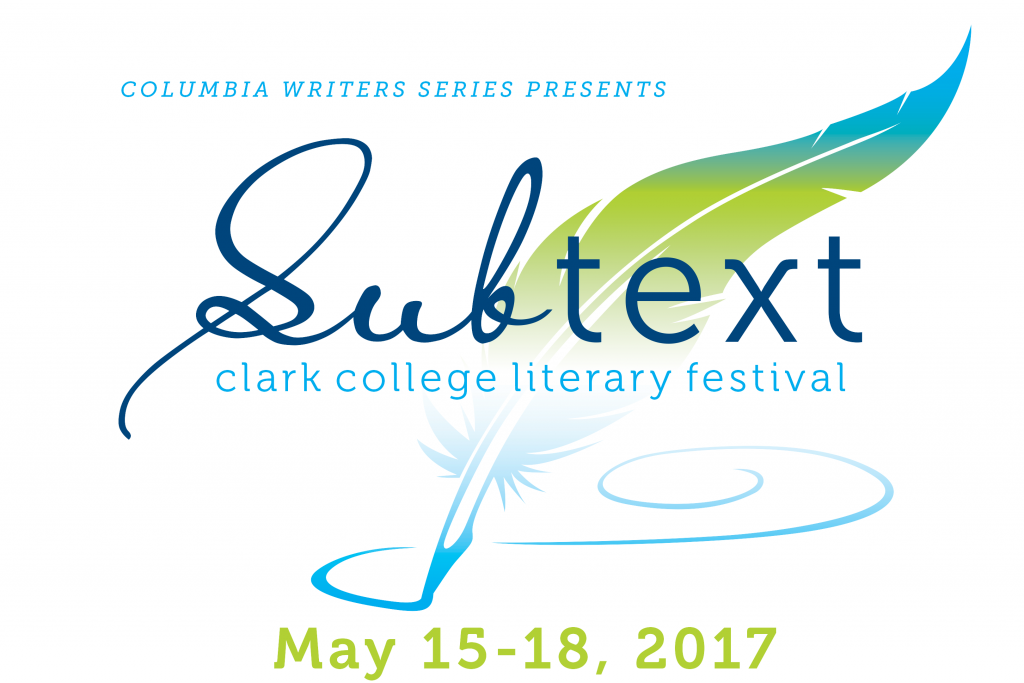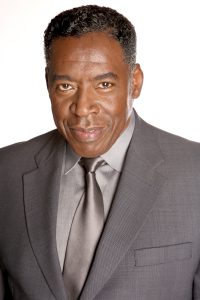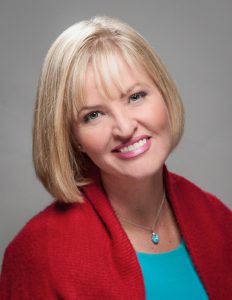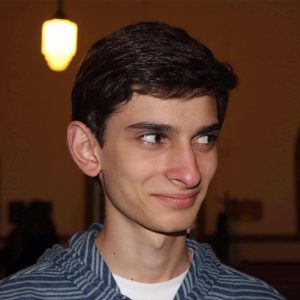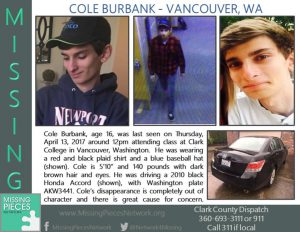Clark College adds to its leadership team
Clark College has recently welcomed several exceptional educational professionals to its leadership team.
New hires and appointments include Dr. Loretta Capehart as Associate Vice President of Diversity, Equity, and Inclusion; Judith Hernandez Chapar as the Director of the Teaching & Learning Center; Brenda Walstead as Dean of Business and Health Sciences; and Jim Wilkins-Luton as Dean of Transitional Studies, English, Communications and Humanities (BEECH).
Dr. Loretta Capeheart
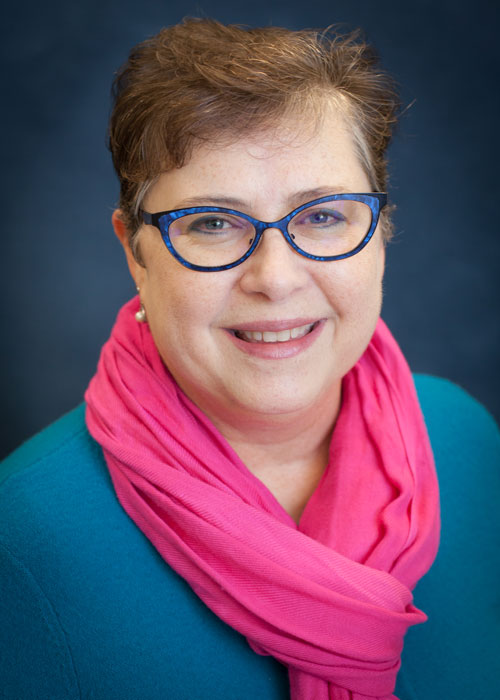 Dr. Capeheart has a B.A. in psychology from the University of Texas, an M.A. in Sociology from Texas State University, and a Ph.D. in Sociology for Texas Woman’s University. She has previous work experience as a faculty member at the University of Idaho and at Northeastern Illinois University, among other institutions. Most recently, she was at the Portland Police Bureau, where she served as an analyst and as Acting Equity and Diversity Manager. Dr. Capeheart has written about and taught extensively on the subjects of diversity, inclusion, and social justice. She is the author of a book called Social Justice: Theories, Issues and Movements.
Dr. Capeheart has a B.A. in psychology from the University of Texas, an M.A. in Sociology from Texas State University, and a Ph.D. in Sociology for Texas Woman’s University. She has previous work experience as a faculty member at the University of Idaho and at Northeastern Illinois University, among other institutions. Most recently, she was at the Portland Police Bureau, where she served as an analyst and as Acting Equity and Diversity Manager. Dr. Capeheart has written about and taught extensively on the subjects of diversity, inclusion, and social justice. She is the author of a book called Social Justice: Theories, Issues and Movements.
Clark College President Bob Knight stated: “This position is important to our Strategic Plan and social equity work. As I read the feedback from across the college, it was clear that Dr. Capeheart has the necessary skills and experience to continue the good work that has been started on the college’s Social Equity Plan and lead us forward.”
Dr. Judith Hernández Chapar
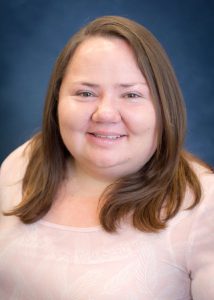 Dr. Hernández Chapar earned a Doctorate of Philosophy in Education from Oregon State University with a focus on Community College Leadership. She also holds degrees in Social Work, Psychology, and Women’s Studies. She is currently working on a Postdoctoral Research Fellowship at San Diego State University, where she is researching the student engagement patterns of underserved community college students with faculty, as well as community college pathways for underrepresented students in STEM.
Dr. Hernández Chapar earned a Doctorate of Philosophy in Education from Oregon State University with a focus on Community College Leadership. She also holds degrees in Social Work, Psychology, and Women’s Studies. She is currently working on a Postdoctoral Research Fellowship at San Diego State University, where she is researching the student engagement patterns of underserved community college students with faculty, as well as community college pathways for underrepresented students in STEM.
Dr. Hernández Chapar is familiar with the Washington state community and technical college system, having worked at both South Puget Sound Community College and at Lower Columbia College. Her work experience includes leading, designing, delivering, and assessing First Year Experience and TRiO programs and curriculum to promote student experiences focused on retention, persistence, and degree completion.
Jim Wilkins-Luton
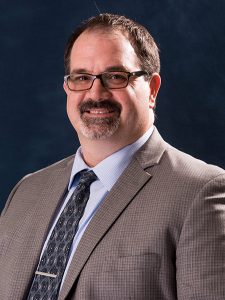 Jim Wilkins-Luton holds a Master of Arts degree in Literature and Composition from Gonzaga University and a Bachelor of Arts degree in British and American Literature from Whitworth University. He taught English and lived in Japan for eight years prior to settling in Clark County. Wilkins-Luton has worked for Clark College since 2000, beginning as an adjunct faculty member and earning tenure in 2006.
Jim Wilkins-Luton holds a Master of Arts degree in Literature and Composition from Gonzaga University and a Bachelor of Arts degree in British and American Literature from Whitworth University. He taught English and lived in Japan for eight years prior to settling in Clark County. Wilkins-Luton has worked for Clark College since 2000, beginning as an adjunct faculty member and earning tenure in 2006.
During his time at Clark, Wilkins-Luton has taught English as a Second Language, pre-college English, and college-level composition and literature classes. He earned Clark’s prestigious Exceptional Faculty Awardfor the 2013-2014 academic year; one student who nominated him for the award wrote, “[He] makes all students completely comfortable in the classroom.” Wilkins-Luton has been the interim Dean of BEECH since 2015.
Dr. Brenda Walstead
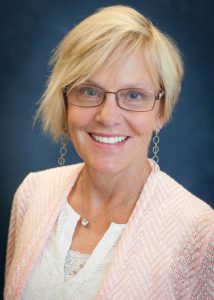 Dr. Brenda Walstead has worked for Clark College for 21 years, starting as an adjunct instructor in Dental Hygiene. But her history at Clark goes beyond that: She earned he associate degree from Clark before going on to earn a B.S. from Concordia University, an M.S. at Portland State University, and an Ed.D. from Walden University.
Dr. Brenda Walstead has worked for Clark College for 21 years, starting as an adjunct instructor in Dental Hygiene. But her history at Clark goes beyond that: She earned he associate degree from Clark before going on to earn a B.S. from Concordia University, an M.S. at Portland State University, and an Ed.D. from Walden University.
During her tenure at Clark, Dr. Walstead has served as the Director of the Dental Hygiene program and led the creation of Clark’s two bachelor’s degree programs. She served as an Outcomes Assessment Liaison and on numerous collegewide committees. Most recently, she served as Interim Dean of the Business and Health Sciences, and was named to the non-interim position after a nationwide search. Feedback from the college during that hiring process consistently noted her ability to work collaboratively with faculty, staff and administration as well as her knowledge of the Business and Health Science Unit.
